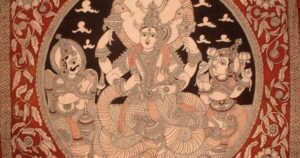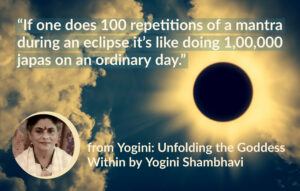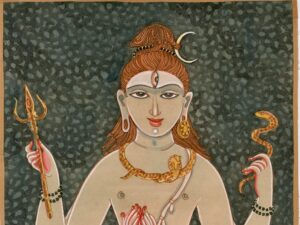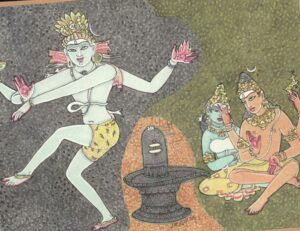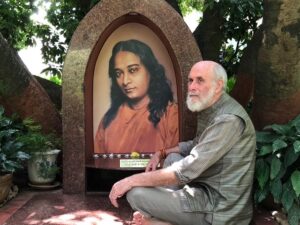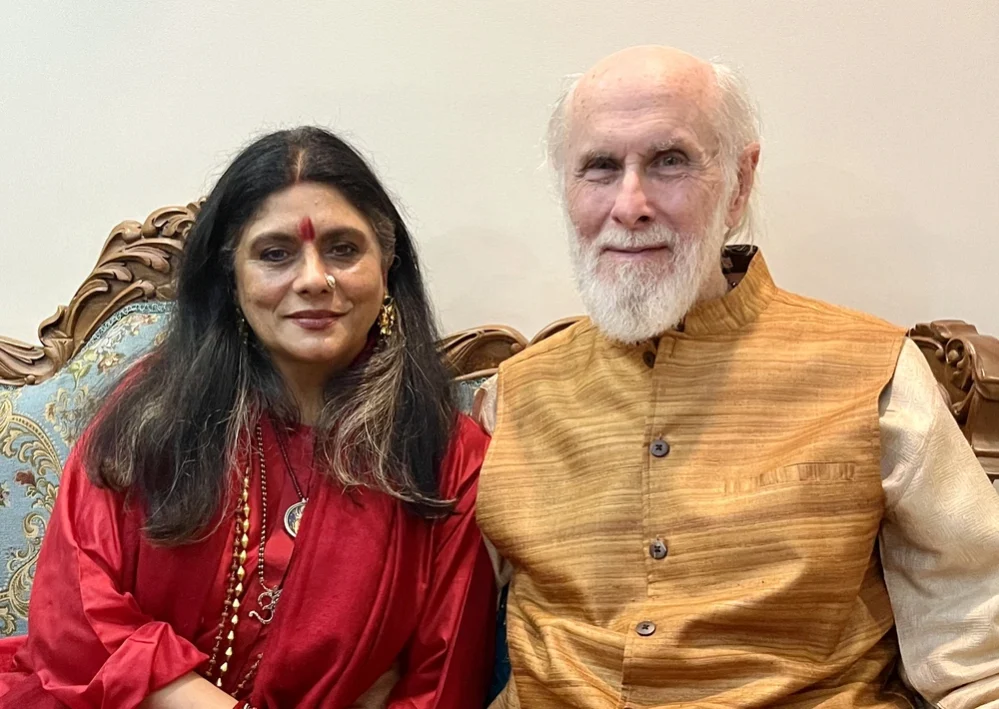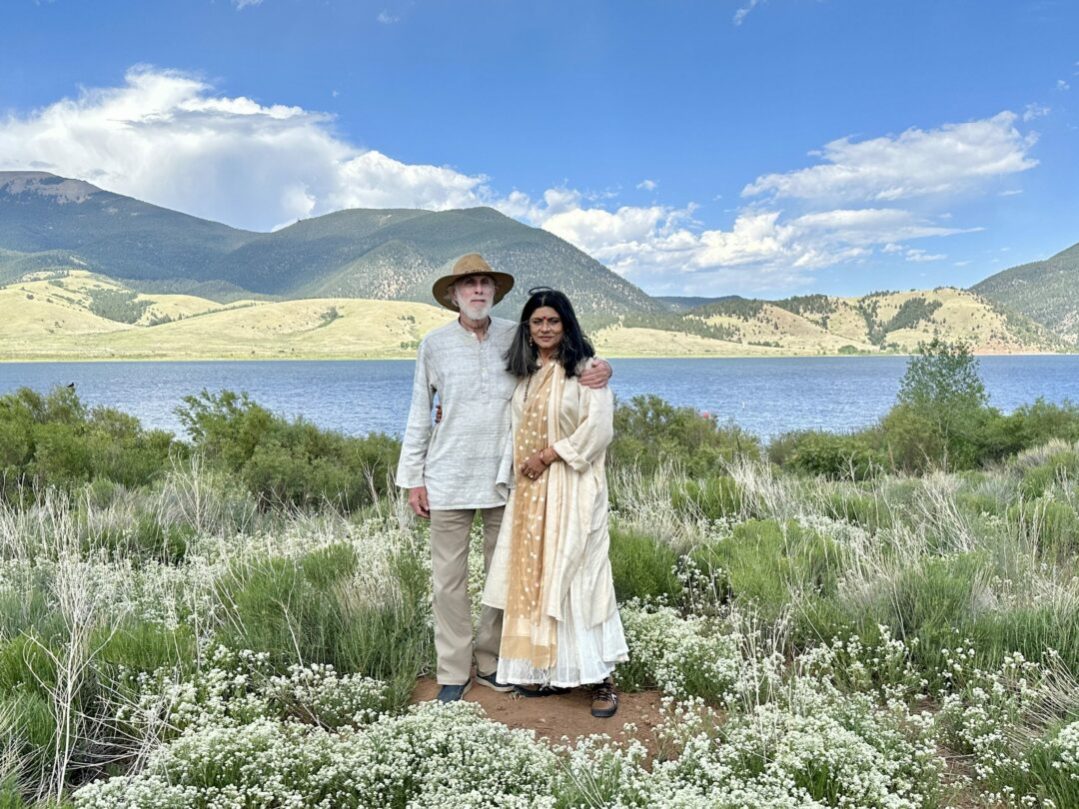By Vamadeva Shastri (Dr. David Frawley)
Western academia has had an almost uncritical control of Hindu studies, unlike that of any other religion. There are few practicing Hindus in academic positions in the West, and those that exist rarely challenge the dominant discourse openly in front of their peers. Indians seem to be encouraged if they are Marxists or Non-Hindus. This is very different than Christianity, Judaism and Islam that have many practicing members in the ranks of academic teachers in the West, who openly defend their faith.
Western academics can denigrate Hinduism in often unkind terms, yet feel that Hindus should not be allowed to criticize them in return, as if they should be immune from scrutiny by the Hindu community.
There is a new battle over Hindu studies and what Hinduism means in a global context, particularly since India now has what is regarded as a more pro-Hindu government. The popularity of Hindu based movements worldwide like the many different Yoga groups, Vedanta and Ayurveda are part of this issue. While Hinduism is being denigrated at an academic level as backward and superstitious, Hindu based ideas are at the forefront of much of the new spiritual, healing and ecological thought in the world.
Current views of Hinduism that predominate in academia follow colonial, missionary, Marxist and Freudian perspectives that have largely been discredited in other fields and which most Americans would not embrace. There are rarely any dharmic, yogic, Vedantic or Hindu perspectives taken up in so-called Hindu studies. Hindus today – like Blacks and the Native Americans up to recent times – find that academic views of their culture and history are controlled by outside groups with vested interests that seem biased against them.
Rajiv Malhotra is well-known as someone who has challenged these academic distortions in a bold and uncompromising manner. This has made certain academics feel threatened. He has revealed the distortions in their thinking, which previously went unquestioned.
The latest attack against him comes from a Christian evangelist named Richard Fox Young teaching at a large American seminary. He makes spurious and unsubstantiated allegations against Rajiv Malhotra of plagiarism relative to Malhotra’s book Indra’s Net. Generally the charge of plagiarism occurs when one author copies another author’s ideas as if these were his own. Charges of plagiarism usually occur when the person plagiarized is not mentioned.
However, Andrew Nicholson (whose work Young claims was plagiarized) is mentioned in Malhotra’s book a number of times. Clearly, Malhotra is not trying to hide the fact that he has brought Nicholson’s ideas into his discussion, but his discussion goes far beyond Nicholson.
Young’s charge revolves around a minor issue about Malhotra not “fully” citing the references to Nicholson, not that Malhotra’s ideas in the book should have been credited to Nicholson. The proof that Young’s charges are frivolous is that Malhotra’s book would not change much if all the references to Nicholson were removed, which is what Malhotra has announced he is doing in the next print run. That should be enough to end the discussion.
This attack on Malhotra reflects long term academic distortions in the field of Hindu studies. As someone who has written in the Vedic and Hindu field for over thirty years, I have found such insensitive attitudes towards Hindu scholars common in certain circles, which generally write on Hinduism without respecting or deeply studying Hindu traditions.
Malhotra is being targeted as representing the new Hindu challenge to academia that the Hindu community has been placing in recent decades. Malhotra one of the most prominent modern Hindu thinkers who have criticized current academic studies and accordingly been denigrated by academia.
While Americans today have learned to respect the Hindu-American community – which is one of the most affluent and educated minority groups in the country – they would be surprised to know that much of American academia, which is supposed to represent tolerance, still treats them in a demeaning manner.
It is important that all well-wishers of Hinduism and its great traditions stand behind Malhotra. A Hindu point of view must be allowed, even if it may be critical of accepted academic ideas, which as these currently stand can hardly be called considerate of any Hindu point of view.

